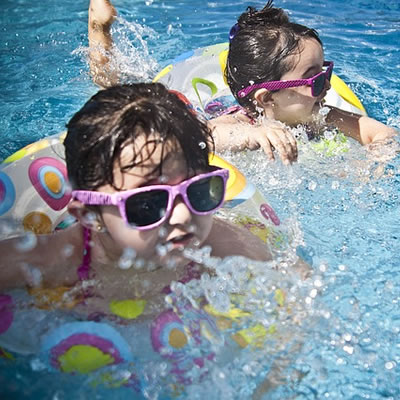Summer Issue 2018
Making the Most of Summer….
Summer is here, school is out, and in one fell swoop, the lazy days of summer can turn into a very challenging time for a child with special needs. The lack of structure and abundance of free time are often difficult for many of the individuals and families we serve, even when the child continues to receives educational and therapeutic services. New routines and schedules must be established to hang on to gains made throughout the year and to help the child make sense of his or her changing world.
Fortunately, there is a way to create predictable routines and to “structure the unstructured” days of summer. Here are a few suggestions to get the most of the season.
- Introduce a visual activity schedule to help the child predict upcoming events, build independent skills and reinforce leisure activities. Visual activity schedules involve a sequence of images or words used with specific behavioral teaching methods such as prompting, prompt fading and reinforcement that can establish an independent chain of behavior. Research shows that in addition to schedule books or cards, electronic schedules (e.g., iPods or tablets) can also be effective, portable and natural (Carlile, 2013). Visual activity schedules have also been found to increase the person’s engagement and reduce challenging behavior (Zimmerman et al., 2017). We recommend this book to learn more about using visual activity schedules.
- Expose your child to a new hobby or skill. Look for ideas that fit with your child’s natural preferences. If your child likes to be active, then explore local walking or hiking trails and plan out a trip. Have your child document their experiences through drawing, review of photos or journaling. Explore sports options (Special Olympics, swimming lessons, local leagues and camps). Sometimes calm, individual events are preferred (e.g., painting, puzzles, model clay) by the child. Exposing your child to a variety of leisure activities can help combat the amount of “screen time” consumed daily.
- Structure time with activities that fight the “brain drain” of summer by reinforcing concepts learned last school year so your child starts back to school where they were in the Spring. Reviewing academic material (e.g., I.E.P. goals, mastered concepts) even for a few minutes a day can help your child maintain and even build on academic progress.
- Also see these summer enrichment yet fun activities from the ADDitude magazine, a resource for the ADHD community.





